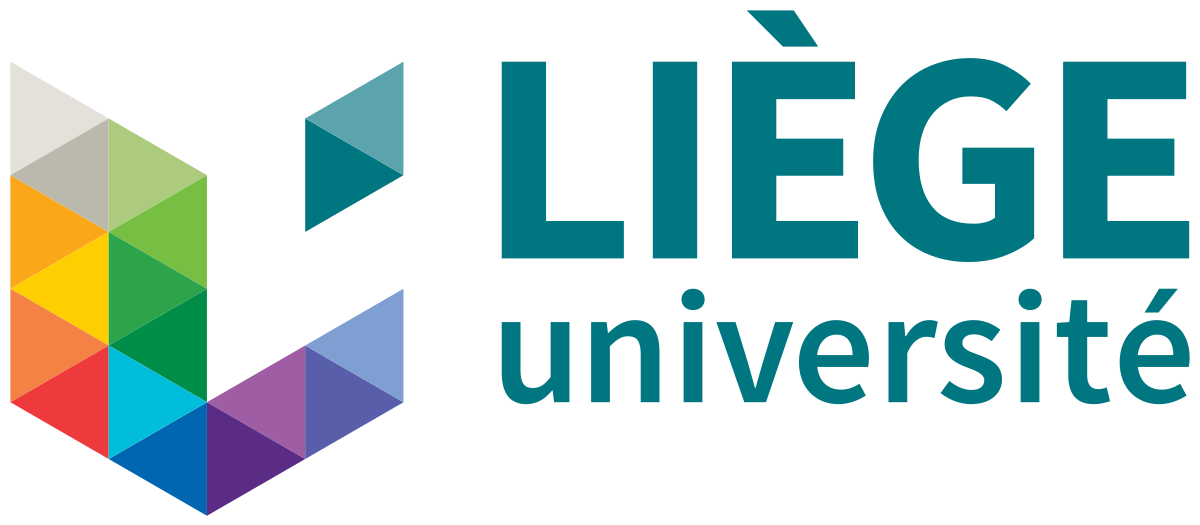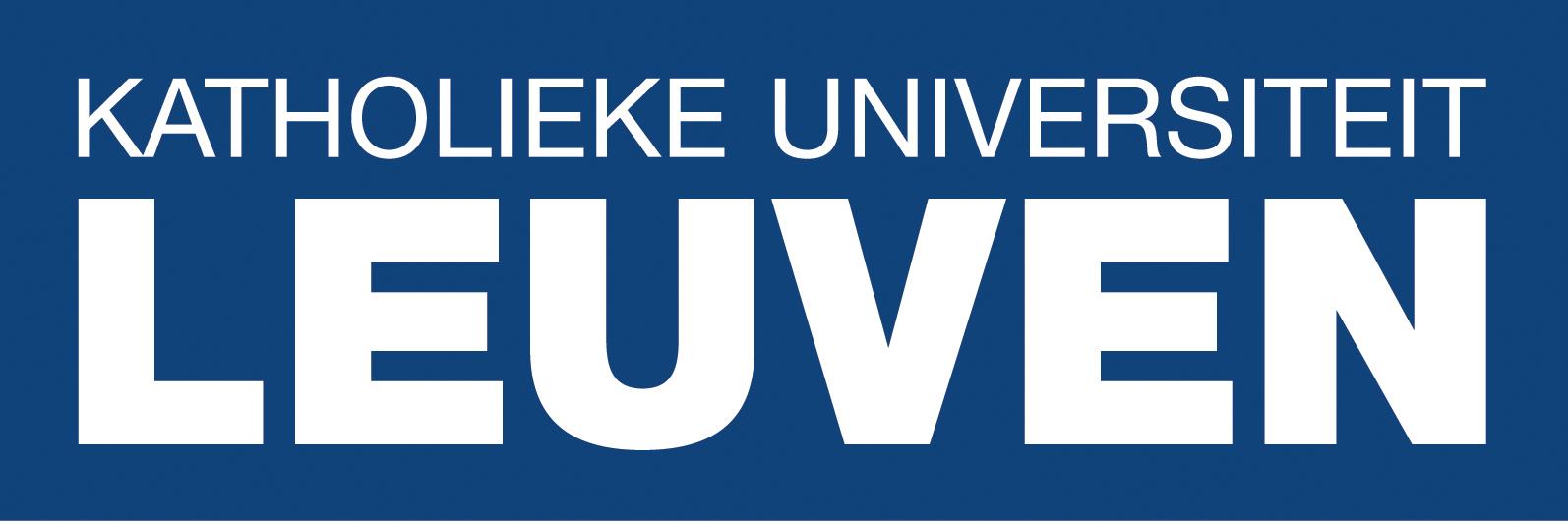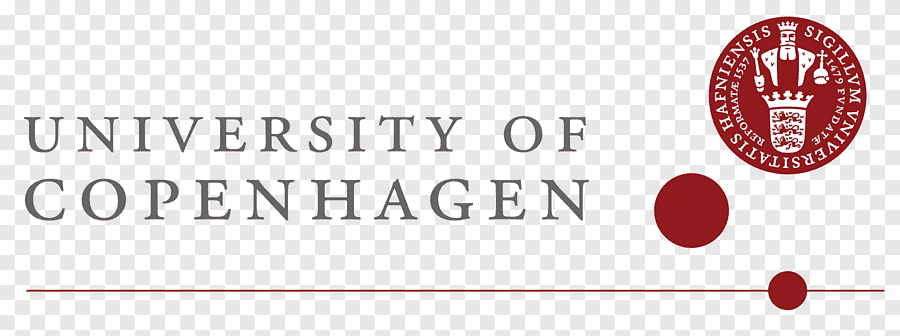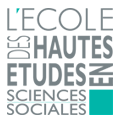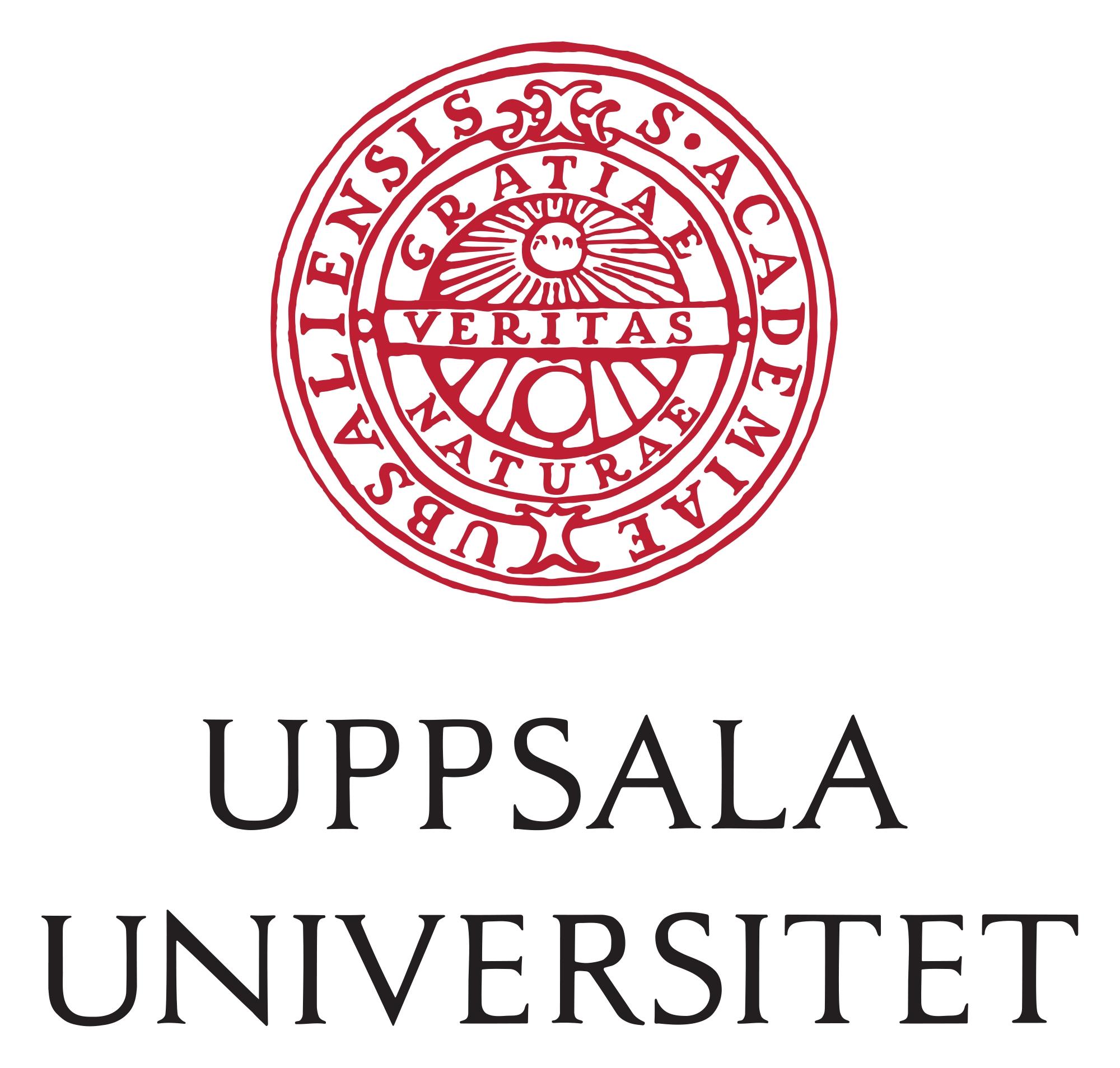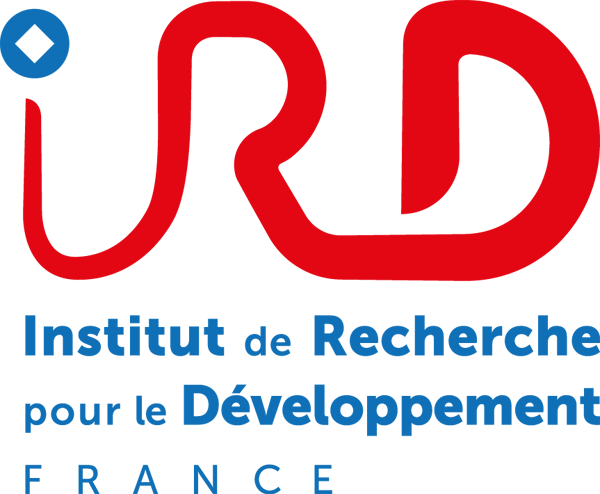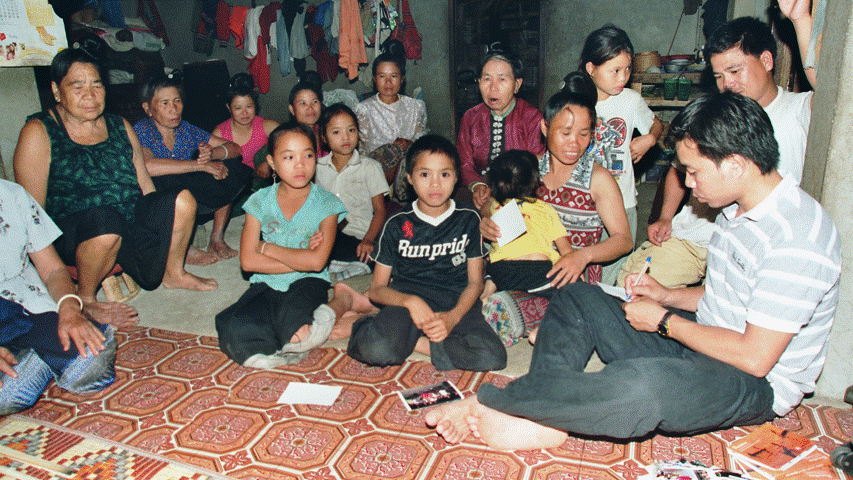In the same section
- Département de Philosophie, Éthique et Sciences des religions et de la laïcité
- Département de Science politique
- Département des Sciences sociales et des Sciences du travail
- Département d'Histoire, Arts et Archéologie
- Gouvernance
- Membres
- Contacts en PHISOC
- BEPSS et Cercles étudiants
-
Chaires et Prix
- Chaires
- Prix
- Agenda facultaire
- Faculté de Philosophie et Sciences sociales
- Accueil
- La Faculté
- Département de Sciences sociales et des Sciences du travail
-
Share this page
European Certificate in Anthropology of Social Dynamics and Development
Overview
-
Context and origins of the European Certificate
-
The program is anchored in a shared interest in the rapid transformations experienced by contemporary societies and an insistence on ethnographic research in seeking to understand complex social and political processes in 'the South'. Complex social changes characteristic of countries in 'the South' include a rapid urbanisation and new relations between the urban and the rural, the opening up of international audio-visual information flows, the elaboration of new norms of governance and of new forms of governmentality brought about by administrative decentralisation, the democratisation of political life and the privatisation of the economy, the increasing complexity of local religious alternatives and the continued intervention of development actions in all domains (from health and education programs to agriculture and mining).
These transformations engender and accompany unprecedented identity reconstructions (trans-national citizenship, autochthony and ethnicities), profound mutations of social relations and forms of solidarity (relations of kinship and gender), access to an income and consumption as a generalised mode of social classification etc. Furthermore, they go hand in hand with a set of behaviours (multiple logics of existential securitisation and limited and prudent rationality on the one hand but also normative conflicts, wasting of land reserves, the informal privatisation of public goods, corruption and violence on the other hand) which can be analysed as dysfunctions, as local forms of adaptation to globalisation or as attempts to subvert existing socio-economic orders.
Finally, they are part of the complex articulations between localised practices and discourses, and increasingly homogenous and 'globalised' public policies (aid conditionality, the reform of public administrations). The diverse fields affected by these mutations are autonomous, but they are not independent. In fact, we are faced with complex configurations which bring together a set of interconnections and transfers of meaning. Political institutions and civil society use the religious and vice versa, the field of health is revelatory of political inequalities but pain an illness is taken care of by magico-religious as well as by biomedical spheres, clientelism has a tendency to compete with other principles of social organisation, corruption is present in most sectors of the administration and the 'rurban' (rurbain) connects complementary economic spaces etc.
This is why it is indispensable to place these new social configurations in their specific fields (health, religion, rural, urban, politics...) but at the same time also taking the transversal and comparative dimensions of human development (access to health, education, settlement and sanitation) and social development (access to citizenship, social services, political expression and liberty of thinking and of expression, etc.) into account.
To understand with thoroughness the complexity of the social dynamics and politics evoked above, it is necessary to envision university programmes which break with traditional logics of disciplinary specialisation and a focus on a particular geographical area as well with 'professional programmes' which aim to train development 'experts' with hypothetical key skills in hand.
The European Certificate on the Anthropology of social dynamics and development relies on an existing European scientific network. It aims at examining those complex processes in the context of a course offer proposed by different universities involving the mobility of professors and students. In a ten-year period, the network of European researchers at the origin of the certificate has grown out of the scholarly association APAD (Euro-African Association for the Anthropology of Social Change and Development). This partnership first started with a European doctoral seminar in the frame of the summer schools held every two years since 1997. These connections were reinforced through a series of bilateral Erasmus agreements. The creation of the certificate constitutes a major culmination of this partnership, but the final stage for an improved integration remains to be done, namely the creation of many Joint European Masters, in the wake of the one signed between Université de Bordeaux and Université libre de Bruxelles in June 2014. The partnership may evolve in the future and remains open to new partners.
Beyond the diversity of the themes that the researchers of the network are exploring, this partnership is characterised by a series of common methodological and theoretical stances:
- A core empiricism and an insistence on the command of the local linguistic and semiotic codes.
- The refusal to confine oneself to the obsolete dichotomy between fundamental and applied research, and the choice of a reflective stance on the various forms of commitment. We strongly believe that any production of knowledge in the field of social sciences impacts life in society ; those implications need to be explained and, so far as possible, understood. Hence our interest for contemporary objects which, when they become social and political stakes, need to be explored with the rigour and the precision required by fundamental research. It is about revisiting with a new glance the objects which are generally apprehended « from above » by economists and political specialists in a macrosociological and macropolitical dimension.
- An interactionist type of ethnography which focuses on the intricacy of social logics, which constantly resorts to scale variations to observe the phenomena under study in a comprehensive project of transversal phenomena, between the local and the global.
- The choice of a diachronic point of view, with history at the forefront, and with a strong interest for dynamics and processes and for the study of contemporary transformations affecting societies.
- A core empiricism and an insistence on the command of the local linguistic and semiotic codes.
-
The added value of the European Certificate
-
- International mobility: an intellectual and cultural benefit thanks to the transnational recruitment of Master students and to programmes developed by several universities in different countries. This programme proposes crossed scientific and didactic approaches, a bilingual or trilingual training on research leading to a high-level professionalisation. Besides, it adequately responds to the new stakes of the European area of higher education in terms of attractiveness and diversification, contributing as a result to reenforcing the position of university partners on the European scene.
- Pedagogy: the integration, crossing and combination of the scientific and pedagogical assets of several higher education institutions in a common course offer confer its specificity and novelty to the project.
- Research: a well-tried collaboration based on the network of anthropologists / researchers / professors who compose a scholarly society of several hundred members : the Association for the anthropology of social change and development – in French « l’Association pour l’anthropologie du changement social et du développement » or APAD. As already mentioned, the network’s members share a common stance that we could define as an interest for the fast transformations of contemporary societies, a reflective and rigorously empirical approach focused on field research and the willingness to have a dialogue with the stakeholders committed in the field of development.
- International mobility: an intellectual and cultural benefit thanks to the transnational recruitment of Master students and to programmes developed by several universities in different countries. This programme proposes crossed scientific and didactic approaches, a bilingual or trilingual training on research leading to a high-level professionalisation. Besides, it adequately responds to the new stakes of the European area of higher education in terms of attractiveness and diversification, contributing as a result to reenforcing the position of university partners on the European scene.
Course programme and practical detail
-
Course programme
Students are admitted to the certificate on the basis of their individual applications.The applicants, who must be enrolled in one of the Masters (see the list of masters on this website) must submit these documents no later than December 1st : a CV (with their transcripts of records and evidence of their linguistic level if relevant), a course proposal for their mobility period as well as a note explaining their thesis project, which should focus on the anthropology of social dynamics and development and involve some ethnographic work in a country of the South. In each partner institution, the representative of the certificate will gather the submitted application files which will then be assessed by the members of the Board. The latter will set up the selection process together during the month of December.
Please note that the students enrolled in the certificate are required to take courses totalling 30 credits in one or several partner institutions.
Typically, they can benefit from an ERASMUS scholarship to finance their stay abroad, but they can also benefit from other types of aid. The choice of the mobility period is left to the student, granted that he or she respects the limits imposed by the master programme at his/her home university.
The students in mobility choose their courses from a list put together by the coordinators of the certificate and available on this website. After getting the approval of the representative of the certificate in their home university, students can also choose one or several courses out of the list, provided the course is relevant for their master dissertation.
The thesis jury will necessarily include a member of the network who will not belong to the home institution (typically, a member of the university where the mobility was done). The representatives of the partner institutions will see that this condition be respected by the persons in charge of composing these jurys in their own institution. Each institution must facilitate the field work of their students by providing agreements and resorting to the institutional support from partner research centers of the South. During the thesis defense, the « outside » member of the jury will sit, or will submit a written assessment, or will take part in the discussion via videoconference.Practical details
The working languages are French and English.
The representatives of the partner institutions must make their best to help incoming and outgoing students reinforce their linguistic skills. They will see, so far as possible, that students be allowed to write their seminar preparations or thesis and take their exams in the language they opt for. The coordinator of the host institution is specifically in charge of assessing the linguistic skills of mobility students in order to potentially advise them to attend language classes ; these language courses, which are destined to reenforce their skills, will be recognized as credits in their official mobility programme.
There are no tuition fees.
At the end of his or her studies, the student will receive both a Master diploma from his/her home university department and a certificate jointly delivered by all the representatives of the partner institutions of the network.
To obtain this certificate, the student must fulfil all the conditions mentioned above : he/she must have been duly selected ; he/she must have validated at least 30 credits of courses in one or several partner institutions ; an « outside » member - who does not belong to the home university and who is a member of an institution within the network - will be part of his/her jury.
No formal honors will appear on the certificate.
Scientific partnership
-
Partner institutions
- The European Certificate in Anthropology of Social Dynamics and Development is a specific inter-university course carried out as part of a Master (2 years) in anthropology organized in seven institutions.
- Ecole des Hautes Etudes en Sciences Sociales (EHESS) – Marseille (France)
Master "Recherches comparatives en anthropologie, histoire et sociologie" - Katholieke Universiteit Leuven (Belgique)
Master of Social and Cultural Anthropology - Université de Bordeaux (France)
Master Cultures, Politiques et Santé (finalité recherche) et Master Santé, Migrations, Médiations (finalité professionnelle) - Université de Copenhague (Danemark)
MSc in Anthropology - Université de Liège (Belgique)
Master en anthropologie - Université libre de Bruxelles (Belgique)
Master en anthropologie - Uppsala Universitet (Suède)
Master of Humanities in Cultural Anthropology
The Master also benefits from the collaboration of the IRD, which can offer students scientific and logistical support to carry out field research in the South thanks to its numerous research centers in countries of the South, and to its partnerships with Universities in the South. South.
This means that at the end of his studies, the student having satisfied all the tests and conditions will have both an MA diploma issued by his home institution and a certificate of successful completion of the course issued jointly by the eight institutions of the network awarding a diploma. - Ecole des Hautes Etudes en Sciences Sociales (EHESS) – Marseille (France)
-
Scientific Board
- The programme is overseen by a Scientific Council (Master Board), made up of a representative of the eight aforementioned institutions and the IRD partner who participates in the scientific supervision of the programme.
- Ecole des hautes études en sciences sociales, Giorgio Blundo (giorgio.blundo@ehess.fr)
- Institut de recherche pour le développement, Laetitia Atlani-Duault (laetitia.atlani-duault@ird.fr)
- Katholieke Universiteit Leuven, Ann Cassiman (Ann.Cassiman@soc.kuleuven.be)
- Université de Bordeaux, Marc-Eric Gruénais (marc-eric.gruenais@u-bordeaux.fr)
- Université de Copenhague, Quentin Gausset (Quentin.Gausset@anthro.ku.dk)
- Université de Liège, Benjamin Rubbers (brubbers@ulg.ac.be)
- Université libre de Bruxelles, Pierre Petit (pipetit@ulb.ac.be)
- Uppsala Universitet, Sten Hagberg (Sten.Hagberg@antro.uu.se)
-
Associated research centres
- The programme is based on laboratories and research teams associated with the teaching of university departments.
- Aix-Marseille Université
IMAF-Institut des Mondes Africains, UMR CNRS 8171 IRD 243, directordu Cenre d’Aix : Henri Médard; directeur à Paris : Pierre Boilley.
CREDO: Centre de Recherche et de Documentation sur l’Océanie, UMR 6574, director Laurent Dousset.
IrAsia: Institut de Recherche sur l’Asie, UMR 7306
- EHESS (Pôle de Marseille)
CREDO: Centre de Recherche et de Documentation sur l’Océanie, UMR 7308 AMU, EHESS, CNRS, director Pascale Bonnemère.
- Katholieke Universiteit Leuven
IMMRC: Interculturalism, Minorities and Migration Research Centre, director Karel Arnout Leman.
- Université de Bordeaux
ADESS: Aménagement, Développement, Environnement, Sociétés, Santé UMR 5185, CNRS -Université de Bordeaux – Université Bordeaux Montaigne Humanités, director D. Retaillé
- Université de Copenhague (Københavns Universitet)
Asian Dynamics Initiative
Centre of African Studies
Master in Global Development
- Université de Liège
Pôle Sud
CEDEM: Centre d’Etudes de l’Ethnicité et des Migrations, director Marco Martiniello
- Université libre de Bruxelles
- Université d’Uppsala (Uppsala Universitet)
Forum for Africa Studies, director Sten Hagberg
Nordic Africa Institute
Rural Development, Swedish University of Agricultural Sciences
International Maternal and Child Care, Uppsala University -
Partnership with scientific institutions in the South
- EHESS (Pôle de Marseille)
Laboratoire d’Etudes et de Recherche sur les Dynamiques Sociales et le Développement Local - LASDEL, Niamey (Niger), Universidade Federal de Goiás, Universidade de São Paulo, Universidade Federal do Rio de Janeiro (UFRJ) (Brésil), Universidad Nacional de Colombia (Colombie), Centro de Investigaciones y Estudios superiores en Antropologia social - Colegio de la Frontera Norte A.C. - Universidad Autónoma Metropolitana - Universidad de Guadalajara - Universidad Iberoamericana Ciudad de México (Mexique), Fudan University, Peking University (Chine).
Institut de recherche pour le développement
Katholieke Universiteit LeuvenAfrican Centre for Cities (University of Capetown), South-AfricaUniversity of Accra, Legon - Ghana, Université de Kinshasa - RDC, University Eduardo Mondlane - Mozambique - University of Namibi.
Université de BordeauxUniversité Cheik Anta Diop – Dakar (Sénégal), Centre Jacques Berque – Rabat (Maroc), Université Faculté des Lettres et Sciences Humaines Dhar El Mahraz, Fès (Maroc) Institut d’Ethnosociologie – Abidjan (Côte d’Ivoire) Laboratoire de Recherche Interdisciplinaire en Sciences Sociales et Santé (LARISS), Université de Ouagadougou (Burkina Faso).
Université de Copenhague (Københavns Universitet)Gulu University (Uganda) Université de Ouagadougou (Burkina Faso) Vietnam National University, Hanoi Sokoine University (Tanzania)
Université de LiègeUniversité de Lubumbashi (R.D. Congo), Université de Kinshasa (R.D. Congo), Université d’Abomey-Calavi (Bénin), Laboratoire d’Etudes et de Recherche sur les Dynamiques Sociales et le Développement Local, LASDEL, Niamey (Niger), Université d’Antananarivo (Madagascar)
Université libre de BruxellesUniversité d'Abomey-Calavi (Bénin), Université de Parakou (Bénin), Université de Lubumbashi (RDC), Université nationale du Laos, Université agronomique de Hanoï (Vietnam)
Uppsala UniversitetUniversité de Ouagadougou (Burkina Faso), Université polytechnique de Bobo-Dioulasso (Burkina Faso), Institut des Sciences des Sociétés (INSS), Centre National de la Recherche Scientifique et Technologique (CNRST), Ouagadougou (Burkina Faso) Point Sud, Centre de recherche sur le savoir local, Bamako (Mali), Institut supérieur de formation et de recherche appliquée (ISFRA), Bamako (Mali) Laboratoire d’Etudes et de Recherche sur les Dynamiques Sociales et le Développement Local (LASDEL), Niamey (Niger), Centre for Natural Resources and Environmental Studies, Vietnam National University, Hanoi (Vietnam) Department of Sociology and Anthropology, Makerere University, Kampala (Uganda).
Contacts ULB
Coordinator: Pierre PETIT
Secretary: Hendrika Di Vincenzo
Phone: +32 (0)2 650 39 09
Campus du Solbosch
Office H.3.232

